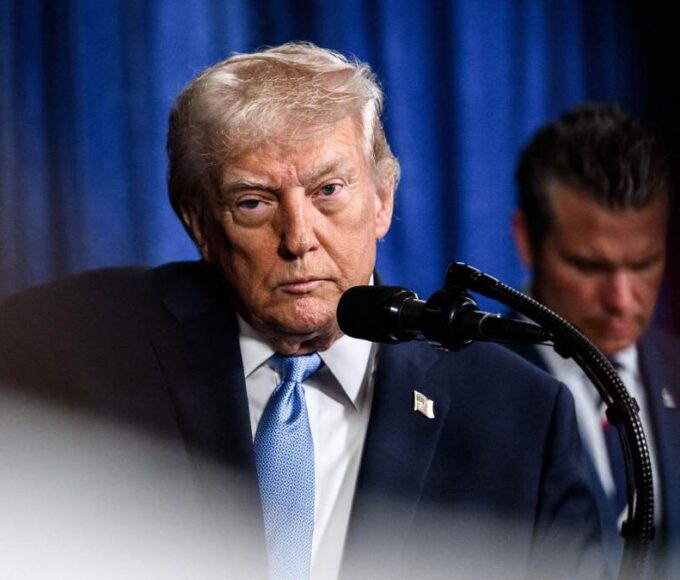Paris has been paralysed by ongoing protests this week as thousands of demonstrators, including far-left activists, blocked traffic and disrupted public services in opposition to President Emmanuel Macron’s economic policies.
The unrest follows government austerity measures that include cuts to social programmes and an increase in the national retirement age. Protesters argue that Macron’s reforms benefit the wealthy while placing a heavier burden on low- and middle-income citizens. Police fired tear gas during sporadic clashes across the country as demonstrations spread beyond the capital.
France’s public debt reached an estimated $3.6 trillion by the end of 2024, exceeding the nation’s annual economic output. Macron’s government has defended spending cuts as necessary to stabilise finances, but opponents say higher taxes on the wealthy and large businesses would be a fairer solution. Protesters carried placards reading “Tax the rich,” calling for greater wealth redistribution.
The demonstrations highlight the political challenges facing Macron, who dissolved parliament in 2024 and has struggled to pass reforms through a legislature dominated by critics. Left-wing groups accuse the president, a former Socialist Party member now seen as a centrist, of drifting toward the right, particularly over his support for tighter border controls.
France’s top income tax rate stands at 45% for earnings above €180,471, with additional surcharges for high earners. Critics of further tax hikes warn that steep rates risk driving wealthy individuals and businesses abroad, potentially undermining economic growth.
The protests come amid rising tensions across Europe, where debates over taxation, immigration, and government spending have fuelled political polarisation. Macron now faces pressure from both the left, demanding stronger social protections, and the right, calling for stricter fiscal discipline and immigration controls.











